Mark These 7 Animals Off Your List while looking for a Pet – Are you considering a new furry friend to bring into your home? It’s an exciting journey, but not all animals make suitable pets. Before making a decision, it’s crucial to mark certain animals off your list. In this guide, we’ll explore the reasons why seven specific animals might not be the best companions for your lifestyle.
From space requirements to specialized care needs, we’ll help you navigate the complexities of choosing the perfect pet. Prioritize the well-being of both you and your potential pet by steering clear of these choices. Let’s ensure your future with a pet is filled with joy and companionship.
Mark These 7 Animals Off Your List While Looking For A Pet
Exotic Wild Cats:
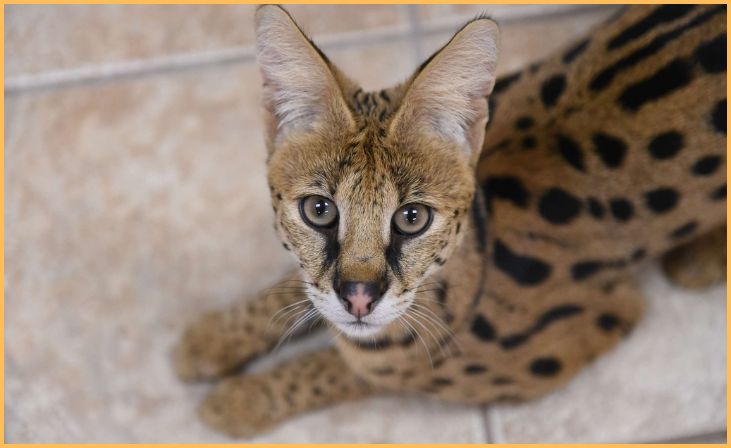
While the allure of having a majestic wild cat as a pet may be enticing, it’s crucial to recognize that creatures like lions, tigers, and cheetahs are not domesticated animals. Their natural instincts and space requirements make them unsuitable for home environments.
These magnificent creatures have complex needs, demand substantial territory, and can pose significant safety risks. Additionally, owning such exotic species may be subject to legal restrictions, and providing adequate care can be an expensive and challenging endeavor, making them impractical choices for most households.
Also Read: Lizard Pets for Beginners
Primates:
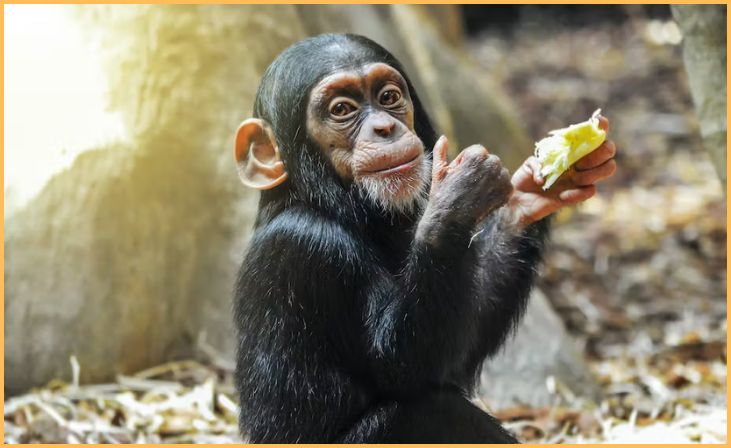
Monkeys and other primates may appear adorable, but they are highly intelligent, social animals with complex care needs. Primates often require specialized diets, ample space for movement, and mental stimulation to thrive. They can get stressed, act out, and have health problems if they are kept in their homes.
Moreover, as they mature, primates may become stronger and more challenging to manage, posing safety concerns for both the owner and the animal. The ethical considerations surrounding the exotic pet trade further highlight the unsuitability of primates as household companions.
Large Reptiles:
Species like alligators, large snakes, and iguanas may intrigue reptile enthusiasts, but their considerable size and specific environmental requirements make them impractical for most households. Large reptiles need spacious enclosures with controlled temperature and humidity levels, which can be challenging and expensive to maintain.
Moreover, some reptiles can pose safety risks due to their unpredictable behavior, especially as they grow. Before considering a large reptile as a pet, thorough research and understanding of their unique needs are essential to ensure responsible ownership.
Venomous Snakes:
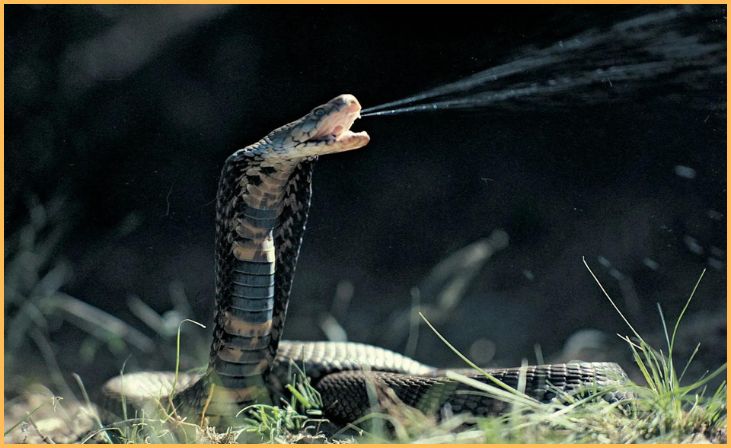
For those fascinated by reptiles, venomous snakes may seem like captivating additions to a collection. However, the risks associated with keeping venomous snakes as pets are substantial. Handling and housing these snakes demand specialized knowledge and equipment to prevent potentially life-threatening situations.
In many regions, ownership of venomous snakes is heavily regulated or prohibited due to public safety concerns. Even experienced herpetologists approach these species with caution, emphasizing the unsuitability of venomous snakes as pets for the average enthusiast.
Also Read: Smartest Species of Pet Parrots
Big Cats (Small Varieties):
While smaller big cat breeds like servals and caracals may seem more manageable than their larger counterparts, they still possess wild instincts and care requirements that make them unsuitable for traditional households. These cats often need expansive enclosures, specialized diets, and mental stimulation to prevent boredom-related issues.
Despite their smaller size, they can be challenging to handle, and their needs exceed what most owners can provide. Responsible pet ownership involves recognizing the limitations of domestication and avoiding animals that require conditions beyond typical home environments.
Bears:
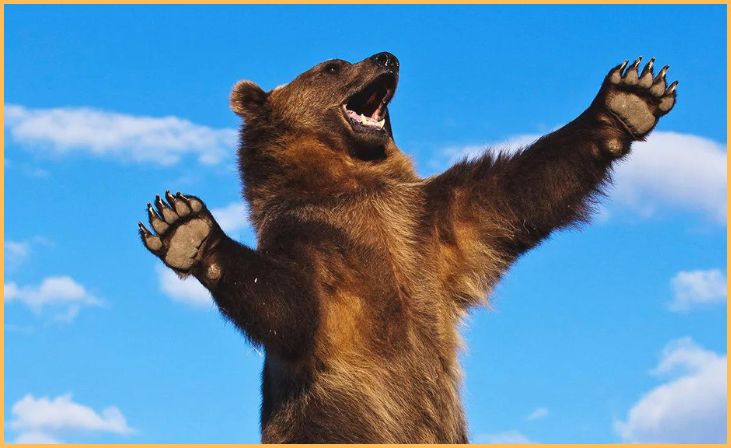
The idea of having a bear as a pet might seem like a novelty, but it’s an impractical and potentially dangerous endeavor. Bears are wild animals with significant space requirements and specific dietary needs that are challenging to meet in a domestic setting.
Even seemingly docile bear cubs can become unpredictable and potentially aggressive as they grow. Additionally, owning a bear may be subject to strict legal regulations, and the safety risks associated with these powerful creatures make them unsuitable choices for individuals seeking a safe and harmonious home environment.
Crocodiles:
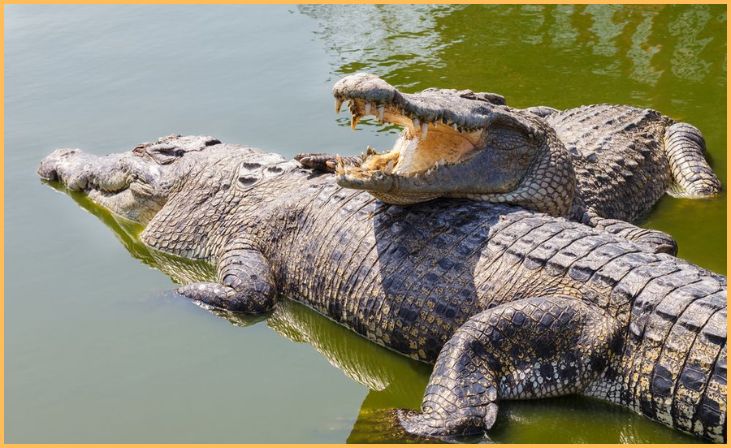
The fascination with owning a crocodile as a pet should be tempered with the understanding that these reptiles have unique and demanding care requirements. Crocodiles can grow to substantial sizes and need large, secure enclosures with access to water for swimming.
Also Read: Small Pet Birds for Kids
Their aggressive nature and powerful jaws make them potentially hazardous, even for experienced handlers. Legal restrictions surrounding the ownership of crocodiles are stringent in many areas due to the risks they pose. Choosing a pet should prioritize the well-being of both the owner and the animal, and crocodiles are inherently unsuitable for typical household settings.
Conclusion
In the quest for the ideal pet, being mindful of the specific needs of animals is paramount. By steering clear of the seven animals highlighted in this guide, you’re taking a significant step towards ensuring a harmonious and fulfilling relationship with your future pet. Remember, a happy home is one where both the owner and the pet thrive. Take the time to evaluate your lifestyle and the unique needs of each animal before making a decision. Your commitment to responsible pet ownership will result in a lifetime of love and companionship.
FAQs
Not all animals adapt well to domestic life. Some have specific needs that are challenging to meet in a household environment, leading to stress and potential health issues.
Consider factors such as space, time commitment, and the animal’s specific care requirements. Doing research and getting to know these things will help you make a smart choice.

